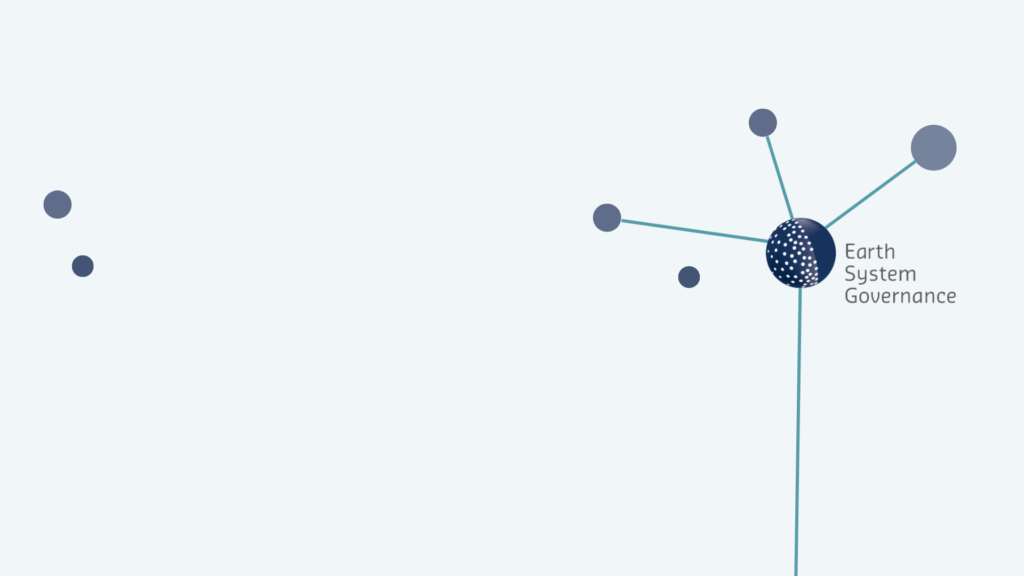Amid the changing autumn leaves, scholars from across the world met up in Toronto for the Earth System Governance Conference 2022, which took place from the 20th to the 24th of October. The Earth System Governance (ESG) scholarly community advances interdisciplinary research and knowledge on global environmental change and governance, while making connections to fellow researchers and sharing knowledge. The Project enables scholars to do so with support from the Scientific Steering Committee and the International Project Office. The annual conference is central to this ambition. The conference creates space for scholars to share their research, receive feedback, and build up a network of peers that is both motivating to continue their own work, as well as offering new opportunities for future work.

The world continues to rapidly change, as different challenges and crises arise and are dealt with on different governance levels. The challenge for this research community is to create knowledge on how to ensure that throughout all these changes, the sustainability transition keeps being moved forward in a just way. This was the theme of the conference this year, ‘Governing accelerated transitions: justice, creativity & power in a transforming world’ and it has proven very timely and fitting with the societal context today.
One of the themes that was present throughout many panels and sessions during the conference, was the need for inclusivity and diversity in research on sustainability. It is recognized that a just transition cannot be achieved when not all countries and peoples are included in a meaningful way and that science can have an important role in achieving this goal. The research group critically reflects on itself and the participation of Global South actors and scientists, and the barriers that actors from the Global South can experience in engaging with a research community such as the ESG. The recognition that this area could be improved and continued engagement with these topics promise a more diverse and impactful research community in the future.
Furthermore, governance for sustainability is an area that is connected to many other governance areas and different actors are active within this sphere. Different session deal with how to engage with stakeholders, such as businesses, international institutions, communities and NGOs. The importance for collaboration across different sectors is important and the science that is produced in this community aims to have connection to the challenges that these actors face.
During her keynote speech Tzeporah Berman, spoke about the courage that is needed to carry us forward in this climate crisis:
I think now what we need more than hope is courage. […] The courage to say no to building more of the problem. The courage to stand up in any way we can. The courage to propose big bold new solutions because we can’t afford more of the same. […] The good thing about courage, well, courage is contagious.
The ESG projects tries to allow for the spreading of this courage by nurturing an engaging research community and supporting scientists to create relevant and impactful research, for a better world.

This article was written by Namera Nous, a member of the organising team and a presenting author in Toronto.
Some impressions from the conference












































